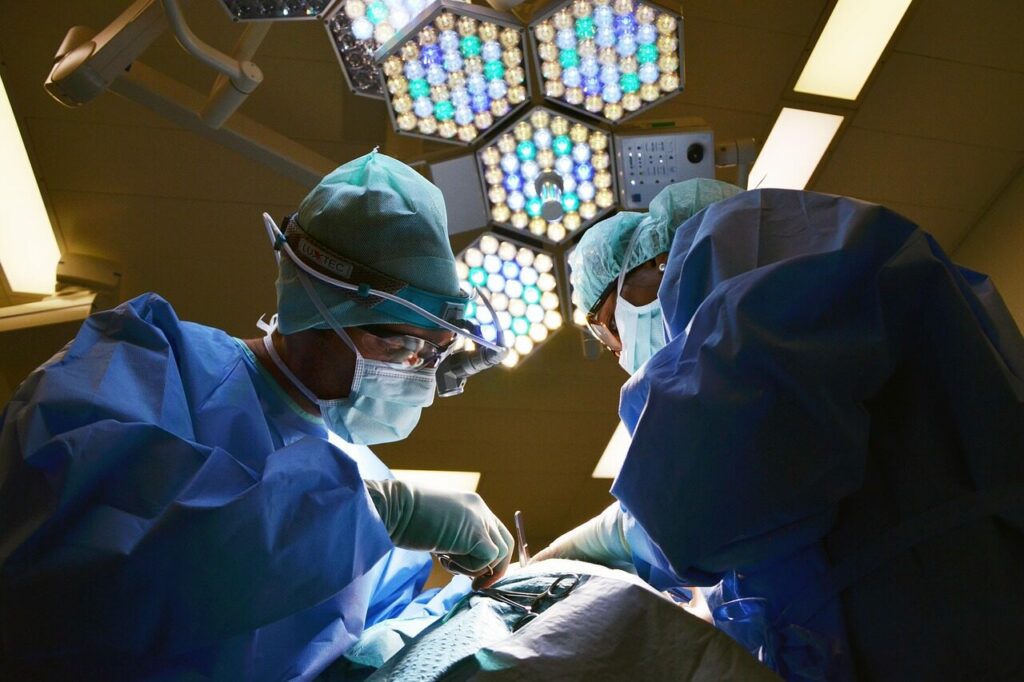The Scarborough Centre for Healthy Communities (SCHC) is taking health care on the road, right to the doorstep of residents in Kennedy Park with the help of its mobile health unit.
In 2024, the Ontario College of Family Physicians found that over 500,000 Torontonians do not have a family doctor and that number was predicted to rise to one million by 2026.
The Canadian Institute for Health Information says the lack of access to primary care from a family physician or nurse practitioner directly correlates with overcrowded emergency departments.
In Scarborough, more than 13 per cent of residents lack access to primary care. So, SCHC decided to take a different approach using a mobile health unit.
Chandra Roberts, the director of community health teams at SCHC, says, “When you have food insecurity and housing instability, your first priority is not your health. It’s how am I going to put food on the table for my [family]? And how am I going to pay my rent and keep a roof over my family’s head, and that’s the work that we’re doing with our partners across Scarborough is really addressing those gaps.”
The mobile health unit was launched in 2022. It provides free blood pressure checks, diabetes education, harm reduction supplies, mental health supports, clothes and snacks.
From Monday to Friday, the unit stops at Neighbourhood Improvement Areas (NIA), including Kennedy Park, West Hill, Woburn and Eglinton East.
Leon Carpenter, a Kennedy Park resident, says his building has a lot of people who are elderly or have mental health issues, and they might not want to leave their residence for a checkup.
“Having someone to actually check in on them, the people with mental health [issues] is very important,…if you have it at your doorstep, why wouldn’t you take advantage of it.”
In June 2025, the Ontario government passed the Primary Care Act 2025, aimed at improving access, convenience and inclusivity in primary care.
“There’s just so many barriers that people face, whether it’s geographical, there’s a lot of people in these buildings that have disabilities … There’s a lot of people that might not trust the healthcare system. So putting a face to it really allows us to build that trust and build those relationships where they feel more comfortable to come out,” says Bjorn Poysa, the program coordinator for SCHC’s mobile health unit.
In December 2025, SCHC will launch its first-ever full-service mobile health clinic, fitted with an examination table, equipment and a vaccine fridge and supply storage.

